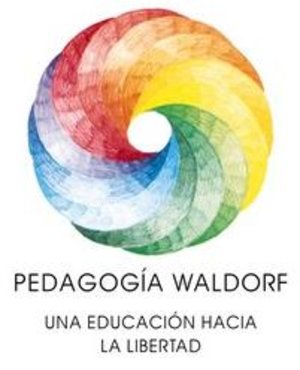Since 1919, the date on which the first school based on this methodology was founded and today has more than 1000 schools in the world, owe their beginnings to Rudolf Steiner: philosopher, educator, literary scholar, artist, theatrical author and esoteric and occultist social thinker; has managed to be a pillar for study for the Kusi Kawsay school in the city of Pisac, Peru.
At the beginning of the 20th century, he initiated an idea that would change the way of learning the different sciences and arts that form the cognitive development of a student; in a mixture that brings together music, dance and theater, writing, literature, legends and myths to give a unique approach to learning, where the child has the full capacity to expose their free thinking and grow to a level more linked with experience.
Waldorf education is a system of study that seeks to create value in the personal qualities of each individual, demonstrating all the potential that can be achieved through critical, flexible and creative thinking, which always provides the tools to be predisposed to take challenges with ethical and moral values in each action, being passionate and determined to achieve their goals.

Although the pedagogy had its beginnings in Germany, it has spread throughout the world, taking over the years an exponential growth in 60 countries, ranging from the primary levels of education to the twelfth grade.
According to Steiner educational model, the stages of child development are divided into three, each lasting approximately 7 years, in which the formation of physical, behavioral, emotional, cognitive, social and spiritual aspects is sought, as well as how to strengthen the creative and analytical thinking of each individual, this last one is being used in children who attend high school levels.
This is an ideology that has been accepted according to the principles of UNESCO and it has been very well received in the 5 most populated continents of the world.
This is how this model has been a link of recognition for the values and principles that governs education in Kusi Kawsay, adopting certain criteria that have served as the basis for teaching, where the main objective is to recognize ecological integrity, wisdom and the dignity of the Andean culture, in a framework of reciprocity, respect, love and social justice through socialization and life experiences, which favor more than 90 children and young people from the indigenous communities surrounding Pisac.

In Peru, we have also been concerned to provide our children who are the future of the country with a quality education that does not neglect the most important value of the human being, which is their identity, we concentrate on giving that importance, to create fully aware people with free thought, in favor of their abilities and that are actively responsible for the activities they carry out and that can be socially responsible entities with all their environment.

If you wish to contribute to the Kusi Kawsay school, a non-profit institution, which is maintained thanks to the donations of the Pisac community and tourists, you can donate here and be part of the integral development of Pisac´s children and collaborate with their hard work in the formation of their moral values in the care of their own identity and culture.
This article that an official source for Kawsaypaq